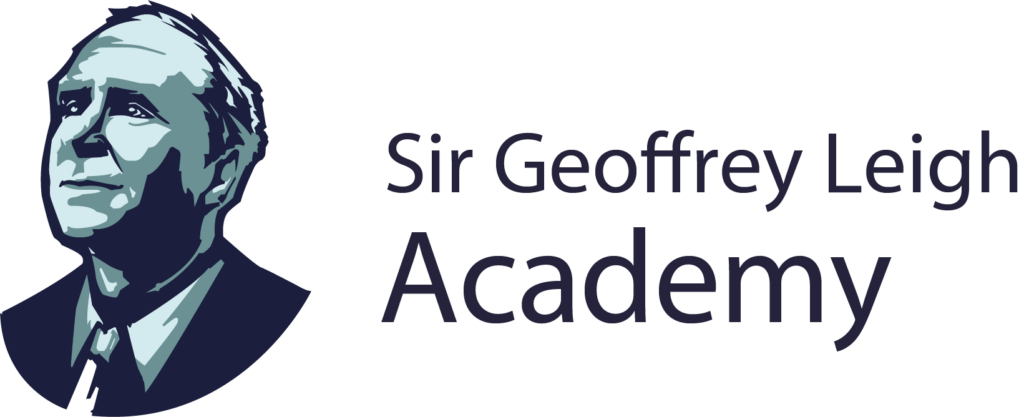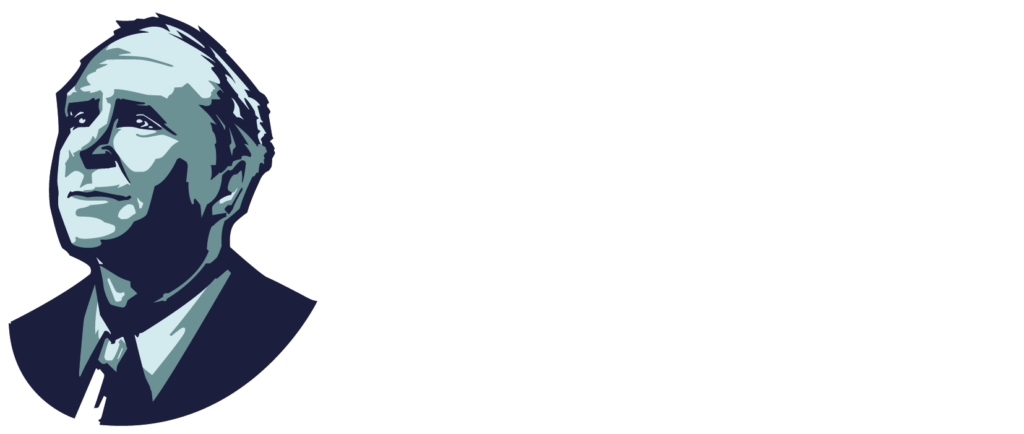By the end of Year 13 and up to 7 years of studying at Sir Geoffrey Leigh Academy, students of humanities subjects will see themselves as global citizens who have a depth and breadth of knowledge and understanding about the changing physical and human world that they are a part of. Moreover, they will be imbued with the skills to work and contribute to society as guardians of each other – be that surveying the landscape, advocating for minorities or applying the law, to give a few examples.
To have achieved this, students begin in Year 7 with a foundation of three core humanities subjects, each given 1 hour per week and each combining to form an Individuals and Societies curriculum offer following the IB MYP framework that goes beyond the requirements of the National Curriculum. A study of Ethics, Geography and History gives students the opportunity to consider the threshold concept of change through different perspectives, surroundings and narratives. Asking themselves how they and other people got ‘here’ and allow them to consider ‘where’ they will go in their life. Assessed across 4 common themes of Knowledge, Investigation, Communication and Critical Thinking, but formulated in such a way that the distinct disciplinary methodologies come across strongly. For example, for critical thinking in Ethics, students learn about religion but also from it. In Geography students research through field work and create primary data. In History, students analyse sources and interpretations to grasp how historical narratives are constructed by historians. See the subject pages for further details.
By Year 10, students begin a two year journey towards achieving GCSE and BTEC qualifications. History, Geography and Ethics are again offered, but in addition, so is Health and Social Care. Branching out towards Health and Social Care enables our students to begin a theoretical and scientific pathway that opens doors to Psychology and higher levels of healthcare qualifications both at P16 and P18. Our GCSE options respect our local situation, so in Geography students’ field trips are to London, and in Ethics, we study Christianity and Judaism as prominent religions in the community, lastly in history we study a history of medicine that conveys how ideas have changed over time. These key ideas equip our learners for study in our Post-16 provision. See the subject pages for further details.
Global Politics students will begin an exploration of case studies, concepts and theories throughout their study that will enable them to describe, explain and discuss topics. This sort of topic suits students who keep up with current affairs, since the Students are eventually challenged with two examinations in the form of a source paper and a set of 3 extended essays. As a result, practice opportunities are both within lessons, but also more formally spaced throughout the study. As they will also produce a high level extension in the form of recorded lengthy presentations, students will speak in groups and produce recorded presentation style work in class and as homework. To prepare students for their coursework style tasks, which is an action research project and write up, they are taught in an open minded way about Global Issues that traverse the distinct major units. In Year 12 this is for one lesson per week, recognising that research in homework can be powerful during this time, while in Y13 this time is doubled to two lessons per week to accommodate more writing and feedback time.
There is a wide variety of assessment command words and formats for students to get to grips with in IB Global Politics. As a result, tasks in class and at home mirror the nature of them through presentations, research, role play, debates, source analysis and essay writing. Students have an internal website with helpful structure sheets, practice questions and lesson resources on it. They also have an interactive google classroom that is updated before each lesson, so that students and teachers are dynamic in their delivery of learning opportunities. Students also have the opportunity to take part in the weekly Debate Club run by the faculty, which is open to other subjects and year groups but does particularly bring their knowledge and skills to the fore.
Students follow an assessment schedule, which includes practice and test style opportunities because it is recognised that the variety of assessment formats is a major challenge itself. They are confronted with Oral Presentations, Extended Research and active political communication with stakeholders in the community, buy also source analysis and complex essay questions. It is recognised that questions are mostly synoptic, which means that students tend to struggle more with questions as they go along, in comparison to when they are looking back over a unit or course. Students will leave the course with an appreciation of their globe at different levels of analysis and from different perspectives, meaning that the impact goes far beyond achieving a certain level overall.
In Year 12, students begin by understanding a foundational unit on Power throughout two of their four lessons per week, because it contains the theories of Realism and Liberalism that underpin the other units. In a third lesson of the week, they explore Development and Globalisation, which takes them through a sequence of case studies to explore why some people’s lives in other areas of the world are starkly different to those they may have experienced in the UK. In their fourth lesson of the week, students begin to study Global Issues that tie together Power and Development, for example Borders, Security and Health. By the end of Y12, students will have learnt about all of the major units in isolation and to some extent synoptically, meaning that Y13 can be utilised in a synoptic way, to give far greater time towards practicing writing, speaking and producing their Internal Assessments.
Schedule of Learning
- Module 1 & 2: Power, Development and Global Issues.
- Module 3 & 4: Human Rights, Development and Global Issues.
- Module 5 & 6: Peace & Conflict, Development and Global Issues.



